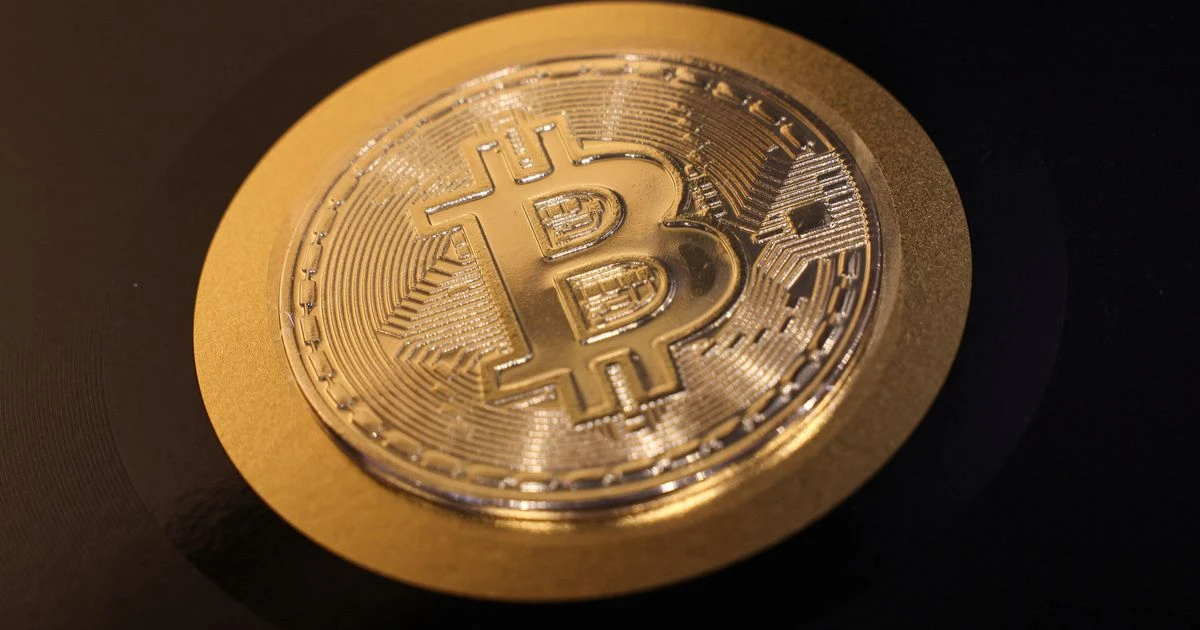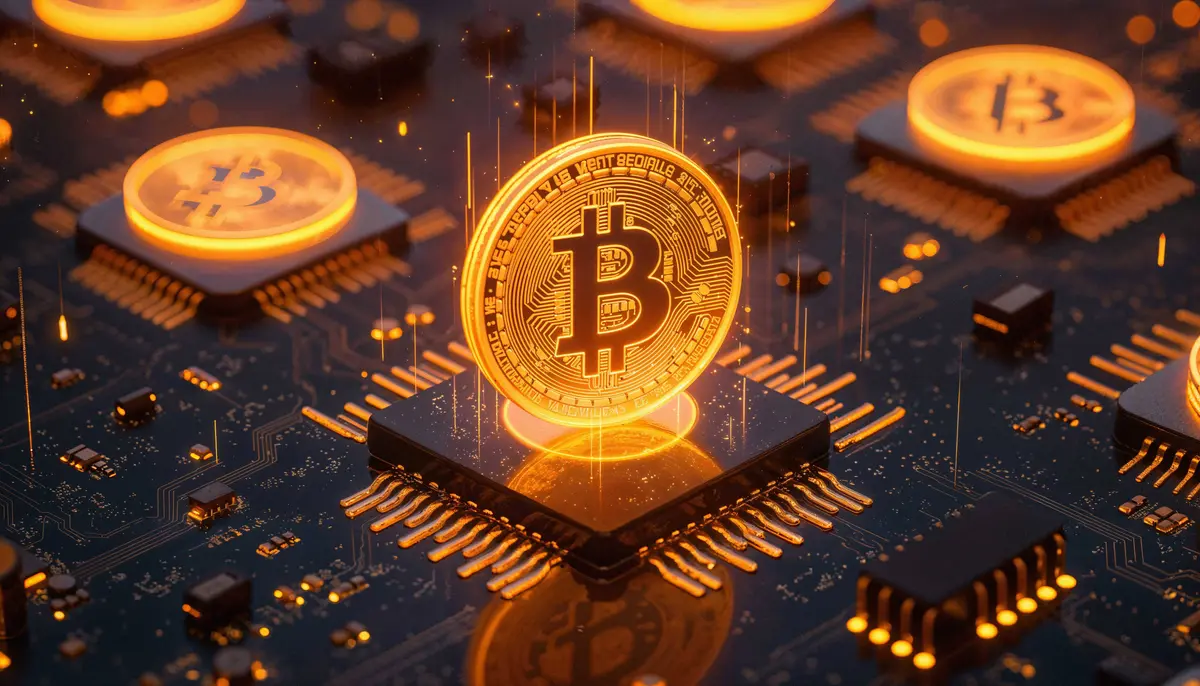Now Reading: India’s Cautious Approach to Crypto Regulation: What It Means for You
-
01
India’s Cautious Approach to Crypto Regulation: What It Means for You
India’s Cautious Approach to Crypto Regulation: What It Means for You

India is still feeling its way around cryptocurrency regulation. The government and the Reserve Bank of India (RBI) are hesitant to roll out a full framework, fearing financial instability, systemic risks, and unintended legitimization of digital assets. For people in Tier-2 cities, this cautious stance means uncertainty — and both risks and small opportunities — in how you deal with crypto investments, exchanges, and taxes.
What Status Quo Looks Like
The Indian system today is somewhere between “no regulation” and “strict control.” Crypto is not banned, and exchanges operate, but with heavy oversight. Global exchanges must register with authorities, comply with anti-money laundering rules, and pay taxes on gains.
Profits from crypto trading are taxed at a high rate. But other things remain vague — what transactions really qualify, which tokens are allowed, how decentralized exchanges are treated. Because of that ambiguity, many users don’t feel confident venturing too far in.
Why India Is Hesitant
The RBI and government documents show they are worried that fully regulating crypto might backfire. Here’s what they fear:
- Legitimacy issue: Regulation might signal that crypto is safe, inviting more speculative investment, which could lead to bubbles.
- Systemic risk: If crypto becomes tightly linked with formal finance (banks, payments, etc.), problems in crypto markets could spill over into mainstream finance.
- Stablecoins concern: Tokens pegged to foreign currencies or assets could undermine domestic payment systems like UPI, or create dependencies outside Indian control.
- Regulating vs banning: Even a ban won’t stop peer-to-peer or decentralized exchanges, which are hard to monitor. Regulation might bring them into formal view, but also pull risks into view.
Impacts on Tier-2 Cities & Everyday Users
People in smaller cities may feel the effects more sharply, because they tend to rely on less formal financial tools and have less access to high-end legal or technical advice.
- Trust deficit: Without clear rules, users may be exposed to scams, unclear terms, or unexpected losses.
- Tax burdens: Since gains are taxed under existing laws but definitions are fuzzy, many users might overpay, underpay, or face legal trouble.
- Access to exchanges: Registered exchanges may impose stricter checks, minimums, or fees that are harder for smaller investors to meet.
- Innovation limbo: Startups in Tier-2 cities who want to build in crypto/blockchain face risk: what’s allowed, what’s banned, what kind of oversight will apply — all uncertain.
What Regulators Are Doing (or Saying)
To strike a balance, authorities are taking intermediate steps:
- Allowing crypto exchanges to function under AML (anti-money laundering) rules.
- Imposing high taxes on crypto gains to discourage speculative use.
- Delaying full, sweeping legislation while observing international practices, and studying how stablecoins are regulated globally.
- Warning users publicly about risks: volatility, fraud, regulatory change.
What to Watch For Going Ahead
If you live in a Tier-2 city, or are thinking of getting involved with crypto, there are a few things to keep an eye on:
- Government discussion papers or bills being released. These often point to future changes.
- How stablecoin regulation evolves — rules here may affect many crypto transactions.
- Clarification on tax laws: whether rules tighten, if exemptions or deductions appear, how TDS (tax deducted at source) is handled.
- Enforcement actions: fines, shutting down non-registered exchanges, or other crackdowns. These may shape behavior
Conclusion
India’s approach to crypto regulation is cautious, and there are good reasons for that. Risks around legitimacy, financial stability, and unregulated transactions worry regulators. But that cautiousness also brings uncertainty for regular users, especially in smaller cities. What this means is: keep informed, be conservative when investing, understand the tax and legal side, and don’t assume that today’s rules will stay the same tomorrow. The coming months may bring clearer rules — for better or worse.

























